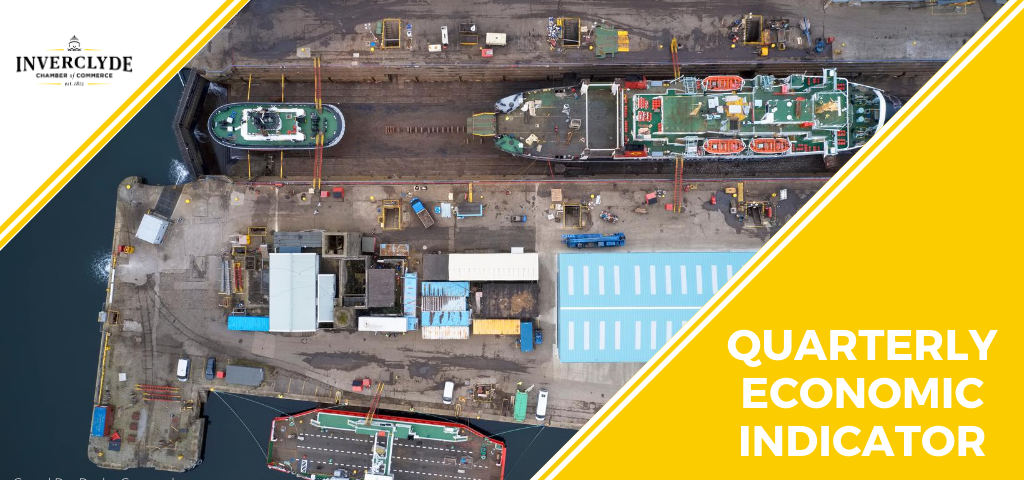Scottish Businesses Continue To Count Costs Of Pandemic

Finalists Revealed For First Greenock Telegraph Health Care Awards
13/04/2021
Member News: Belville Community Gardens To Offer Activity Sessions To Local Businesses
14/04/2021Scottish Businesses Continue To Count Costs Of Pandemic

QEI Survey
Businesses in Scotland are at a crossroads as they take stock of the damage caused by the pandemic and face significant hurdles on the way to economic recovery, according to a leading quarterly survey led by the Scottish Chambers of Commerce (SCC).
The SCC’s Quarterly Economic Indicator (QEI) for the first quarter of 2021 completes a full year of measuring the effects of lockdown on businesses and the damages it has inflicted on all aspects of business including employment and investment and identifies continued fears for the future.
The lockdowns have had different effects depending on the sectors. The worst performing sector in the survey was retail, which spent most of the quarter in lockdown with optimism and sales have collapsed.
Tourism businesses were feeling a bit more positive about the potential for the removal of lockdown conditions and welcoming the prospect of the return of domestic visitors.
However, significant numbers of businesses in the sector continued to report cash flow declines in the quarter while recruitment remained at some of the lowest levels in the history of the survey.
Trading difficulties with Europe emerged as a significant issue for businesses in both financial and business services and manufacturing, although there were signs of emerging confidence in both sectors.
Confidence among businesses in the construction industry also remained subdued as costs have spiralled, although the contracts pipeline remained in positive territory.
Tim Allan, President of the Scottish Chambers of Commerce said:
“Businesses in Scotland are close to exhaustion as they continue the slog through some of the most challenging trading conditions in modern history. As the easing of restrictions come, albeit slowly, serious questions over how long trading will continue to be limited remain while businesses trading with the EU have faced fresh difficulties at the border. Rising costs are also a significant issue.
“At the end of a full 12 months of trading restrictions, there were a few signs of optimism as businesses looked forward to the effectiveness of the vaccination program, highlighting the resilience of those that have survived the pandemic. However, now is not the time to drop the ball – ensuring businesses remains on solid ground will be critical. Governments new and not so new must commit to this and give them the best possible deal if we are to create jobs and return to sustainable growth.
“Ahead of the elections, SCC has called on Scottish Ministers to pass a Business Growth Act within the first 100 days of the government to address the most urgent issues facing businesses right now, including reducing upfront business costs, boosting international trade and upskilling our workforce. Fundamentally, we need Scottish Government to reset its relationship with business so that Ministers are speaking the same language of growth, jobs and economic prosperity.”
Commenting on the results, Mairi Spowage, Director at the University of Strathclyde’s Fraser of Allander Institute, said:
“Of course, the economic backdrop sets the scene for a very different election campaign in the next month or so in the run-up to 6th May.
“The next five years holds a lot in store. Economic fortunes in the next year will be influenced heavily by Covid (again) and there could be considerable pain still to come once government support starts to be removed. This could see GDP falling again over the course of the year and expectations are that unemployment will rise.
“There is little doubt that getting the private sector back on its feet is an important cog in the wheel that will move us forward. Any future government activity in this area will need to be flexible and responsive and credibility and focus will be required in helping the private sector navigate its way out of this crisis with as many good quality jobs intact as possible.”


